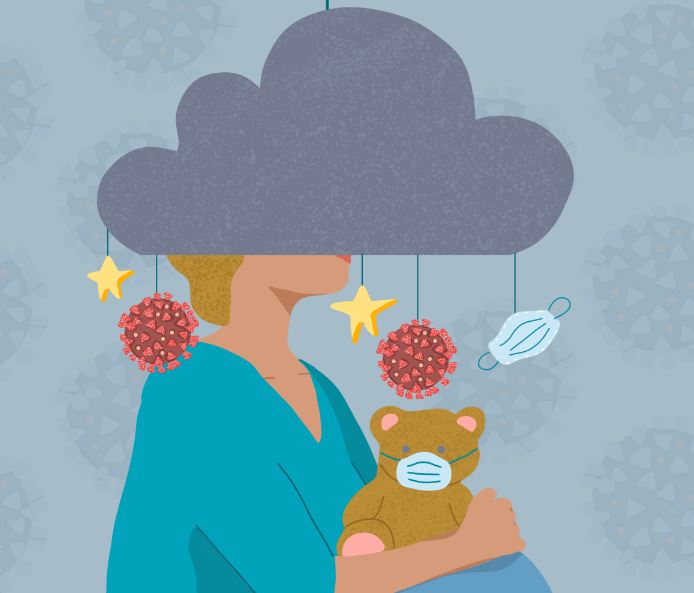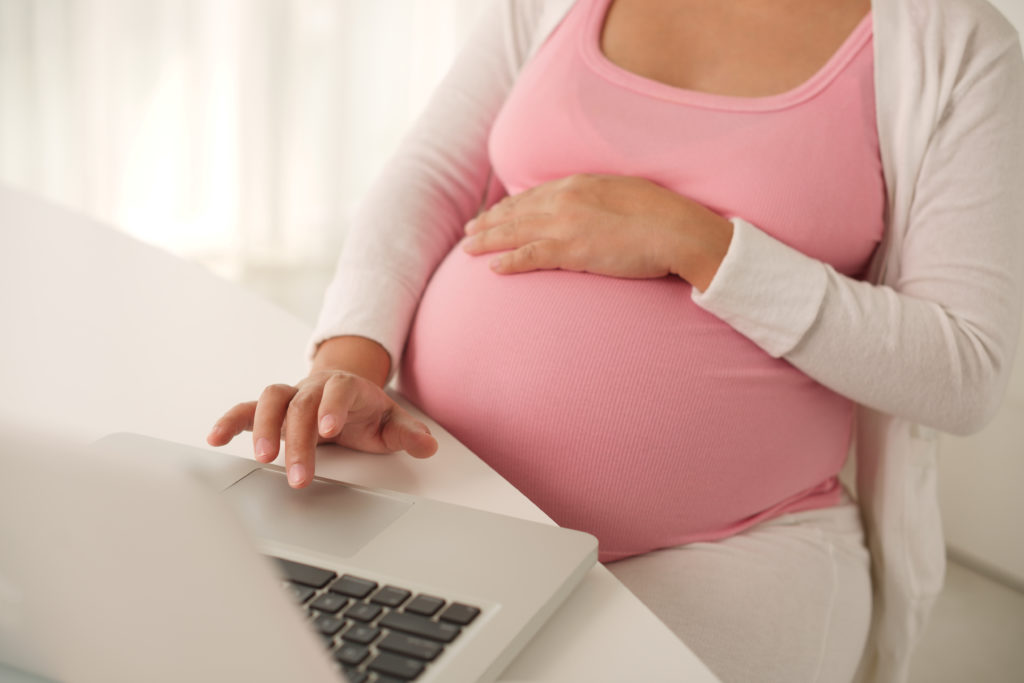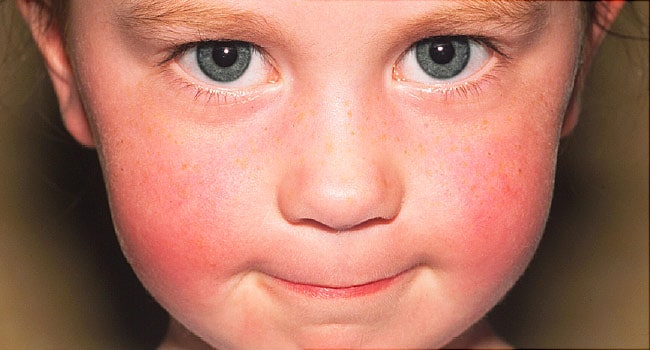how to get rid of postpartum depression
Postpartum depression can make you sad and frustrated and make it difficult for you to care for and communicate emotionally with your baby.
Depression is different from the grief of having a baby, and having postpartum depression can lead to sleep disorders, mood swings, crying, and severe mental retardation. But this feeling of sadness usually improves after two weeks after having a baby and may continue for months after delivery.
How much do you know about postpartum depression?
In rare cases, a person may experience severe postpartum depression, which is called postpartum insanity. She may do strange things, see or hear something that does not exist that is dangerous to herself and her baby. This is an emergency, as it may worsen over time and become a danger to the patient or others.
Treating postpartum depression is essential because your depression will improve sooner, and you can enjoy having a baby.

Causes of postpartum depression:
This problem seems to be due to changes in hormone levels after pregnancy. Any woman can suffer from postpartum depression, and this disease can also occur after miscarriage and stillbirth. The following are more likely to lead to postpartum depression:
- You have already experienced postpartum depression.
- You have insufficient support from your spouse, family, or friends.
- Your baby is sick or crying for a long time (baby colic).
- There is a lot of stress in your life.
- If you have a family history of bipolar disorder, you are more likely to develop postpartum dementia.
Symptoms of postpartum depression:
A person with depression may have symptoms similar to the following:
- Feelings of sadness, hopelessness, and emptiness may be present in some anxious women.
- Do not enjoy daily activities.
- Lack of feeling hungry and possibly weight loss (in some cases, the opposite is accurate, and this feeling manifests itself in the form of excessive hunger and weight gain.)
- Sleep problems
- Inability to concentrate
How much do you know about postpartum depression?
These symptoms may appear on the first or second day after delivery or occur after the onset of symptoms after two weeks of pregnancy.
A person with postpartum dementia may be away from their baby or hear sounds or see things that are not there. Some women with postpartum depression may think of suicide or harm to their baby, but people with postpartum dementia may feel that they have done so.
If you think you may be harming yourself, your child, or someone else, see a doctor right away or call the emergency room.
See your doctor if you notice signs of postpartum depression. Your doctor will ask you questions about your symptoms after your clinical examination.
Be sure to tell your doctor about any signs of postpartum grief you have experienced. Your doctor will follow up on all your feelings so he or she can diagnose your potential problem.
Postpartum depression is treated with antidepressants and counseling. Women with mild postpartum depression can only be treated with counseling. But in many cases, both counseling and antidepressants are needed. Some antidepressants are thought to be safe for breastfeeding mothers.
To help you recover faster, make sure you have a healthy diet, exercise a little each day, get enough sleep, and ask family and friends to support you.
Try not to feel bad about yourself because you have the disease. This does not mean that you are a bad mother. Many women suffer from postpartum depression, and it may take some time, but you will get better over time.
Contrary to many people’s beliefs, postpartum depression is a medical condition and not a sign of postpartum weakness. Be honest with yourself and the people who care about you. Talk to them about your problem. You, your doctor, your family, and your friends can work together to treat this condition.
What to do to deal with postpartum depression at home:
Set up a regular schedule for going out and meeting your friends, and ask them to call and visit you regularly. Being away from the crowd can make depression worse, significantly if it is associated with the stress of raising a child.
Have a balanced diet. If you have a small appetite, you can have a snack during the day.
Have a balanced diet. If you have a small appetite, you can eat light snacks throughout the day. You can ask your doctor to prescribe dietary supplements if needed.
Exercise regularly, for example, walking outdoors. Exercise helps you improve your mood.
Expose yourself as much as possible to sunlight and go out as much as possible during the day.
Get help from friends or family members and your spouse to prepare food and other household chores. Friends and family are usually happy to help you.
Prohibited self-medication; avoid entirely caffeine and arbitrary drugs to improve your condition. If you have symptoms of postpartum depression, see your doctor and consult with them.
Do not overwork as much as you can to rest and sleep. Fatigue can make postpartum depression worse.
If you know a group that supports new mothers, join them. No one can understand and help you as much as someone who has just become a mother like you.
If your spouse is abusing or emotionally abusing you, know that you and your child are also at risk, which increases the risk of depression. You and your child need help and support more than any other situation in such a situation. Talk to your doctor or family counselor about this.
Also Read:










